The core Dreamland rules contain 52 Roles (plus additional Roles not available to starting characters). Here are the rules, descriptive text and suggested starting equipment for several Roles. Each Role is linked to one or more of the Five Pillars of Dreamland.
TROUBADOUR
The Troubadour, or Bard, is a travelling musician. From town to town they go, playing music and singing songs, or narrating long, lyric poems which leave their listeners spellbound. They sing of Knights, and ancient Kings and Queens, and the Great Ones, and especially of love.
In the waking world, Troubadours were poets and singers in Old Provençal, in Southern France and Northern Spain in the 11th to 14th centuries; the word troubadour comes from the Arabic root “taraba”, meaning merriment, song and dance. In Dreamland, they are a travelling caste into which a few are born but which most choose for themselves, when they have a talent for music and a desire for travel. From Oonai to Drinen, from the Liranian Desert to the Yann River Valley, they wander picking up stories and composing tales of their own. Some of them dedicate their songs to the gods of love and change, gods like Roon, Limpang-Tung and N’tse-Kaambl. Their beautiful voices often attract unrequited (?) lovers, and not merely human lovers, but fairies and goblins as well.
Sometimes Troubadours find a patron in a wealthy Noble, and sing and dance for a time in that Noble’s court, their songs providing the spark for courtly affairs and romances. But almost invariably, the call of the road leads them on, and they ride their horse or camel to wherever they can find new listeners. Wherever the Troubadour goes, Passion follows.
EQUIPMENT: Sword or Spear • Fine Clothes • Musical Instrument • Bottle of Wine or Tea • Dish (for begging) • Map of the Region • Horse or Camel
- Passionate Eloquence: Passion gives you x2 on Persuasion and Romance.
- 1D6 Persuasion
- 1D6 Agility
- Equestrian: You have +2 Fighting when riding a steed.
- You automatically know the reputation of any town or city merely by asking the DM about them.
- You can know any human language for 6 Words.
- Merry Traveler: whenever you are in a town or city for the first time, you can spend 1 Passion to replace any number of Words in the Word Pool with new Words randomly drawn from the Word Deck.
- RANDOM MUSICAL INSTRUMENTS
- 1. Lute/Fiddle/Rebec
- 2. Harpsichord
- 3. Lyre/Harp
- 4. Santur
- 5. Drums/Tambang/Tittibuk
- 6. Flute/Mijwiz
- 7. Tambourine/Riq/Mazhar
- 8. Horn/Trumpet/Cornett
- 9. Rattles/Cymbals
- 10. Zootibar
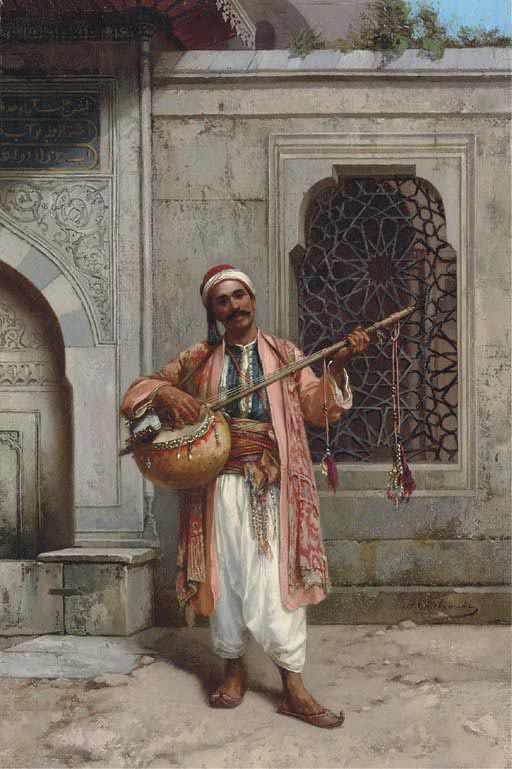
BUTCHER
Most cultures of Dreamland believe that killing is a sin. Often this extends to killing animals. Many cultures also have a taboo against cutting into bodies, or touching exposed organs and blood, which can summon the demons of disease. Yet most Dreamlanders also eat meat, at least when they can catch or afford it.
Enter the butcher, who takes on the sins of the community by killing and dismembering animals so others can eat them without guilt. Butchers know how to slaughter animals quickly and humanely, how to exsanguinate the blood, remove the viscera, and cut and dress the meat to make it most convenient for eating. They also know how to preserve meat with salt, vinegar, or by smoking it with certain types of wood. It is a messy profession, and they are often stained with blood and offal.
The Butcher is a Loathing Role because of their low social status. A Butcher from those rare societies where they are respected, or even considered sacred for preparing animals for sacrifice to the gods, would be a different Role.
EQUIPMENT: Cleaver • Knife • Bone Saw • Meathook • Chopping Block • Smock • Salt
- Pariah: Minus 2 Persuasion with humans.
- Tough: Loathing words give you x2 on Haggling and Strength.
- 1D6+4 Butchering
- 1D6 Fighting
- 1D6 Strength
- 1D6 Haggling
- 1D6 Wisdom (beasts & monsters)
- When you or an ally successfully hunts using Wilderness and you’re there, you get +1 week of food.
- You can spend 1 to create a pile of disgusting offal, guts, bones or similar refuse. You can spend 4 to create a wagonload of refuse.
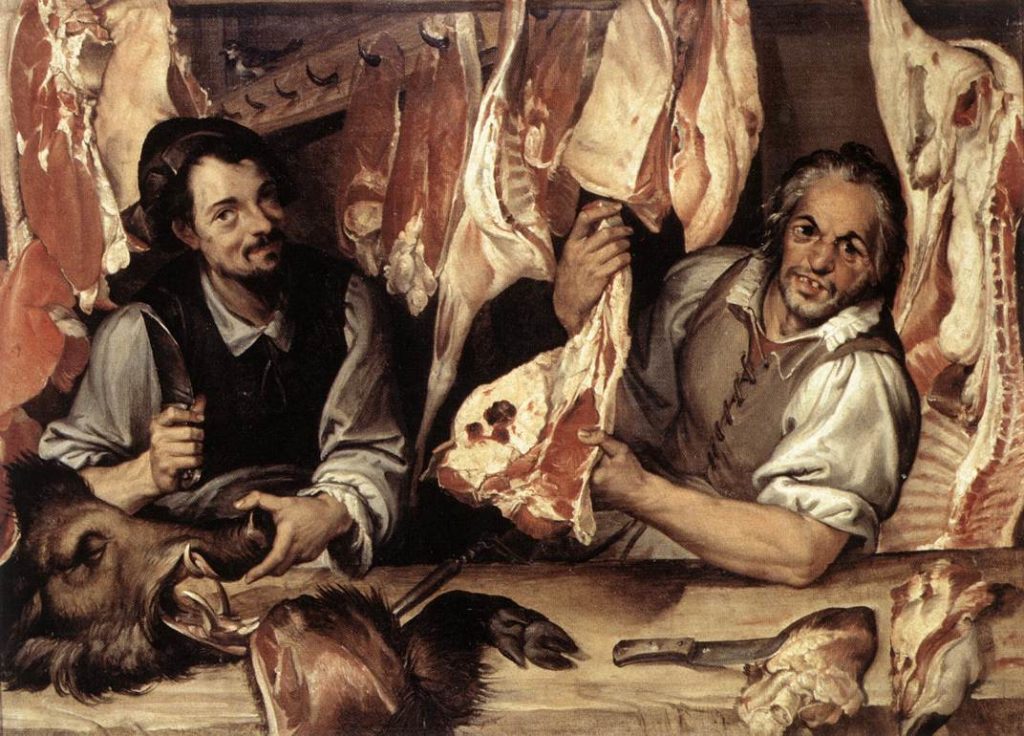
PAINTER
Painters work in pure visual beauty. Outside those cultures where representational art is forbidden, everyone respects their marvelous colors and their ability to create illusions: portraits that look like they could jump off the canvas, or landscapes that look like the viewer could step inside them.
The archetypal Painter makes their living drawing portraits on canvas, though landscapes, still-lifes, and epic scenes (usually from religion or mythology) are common subjects as well. Rich Nobles, Princesses and other patrons often take a Painter under their wing, paying them exorbitantly for the privilege of deciding what they paint. Whille a few lucky Painters have the wealth (or the indulgent patron) to paint whatever they want, most take whatever jobs they can hustle up, from wall and ceiling frescoes, to idealized portraits of the dead for tomb memorials, to painted furniture, statues, armor and even signs. (Only the most desperate, however, stoop to housepainting.)
Painters usually mix their own paints, combining linseed-oil or egg-white (also known as tempera) with colored powders to make the most brilliant hues. The ingredients for particularly beautiful colors are treasured secrets. Painters also have a reputation for romance, either due to their appreciation of beauty, or the many hours spent with often nude models in their studios.
Painters sometimes make offerings to the beautiful god(dess) Inzana or the splendid N’tse-Kaambl. They receive bonuses for using color Words, which are always Wonder Words.
EQUIPMENT: Palette Knife • Brushes • Sponges • Buckets of Paint • Tubes of Paint • Colored Pigments and Minerals • Oils • Canvases • Mirror
- Color Words (“green”, “blue”, etc.) give you x2 on all skill challenges.
- 1D6+4 Painting
- 1D6 Haggling
- 1D6 Romance
- You can paint a magic painting, creating a marvel without spending a half-Memory, if you pay an extra 3 Wonder. You still need a half-Memory of the appropriate type.
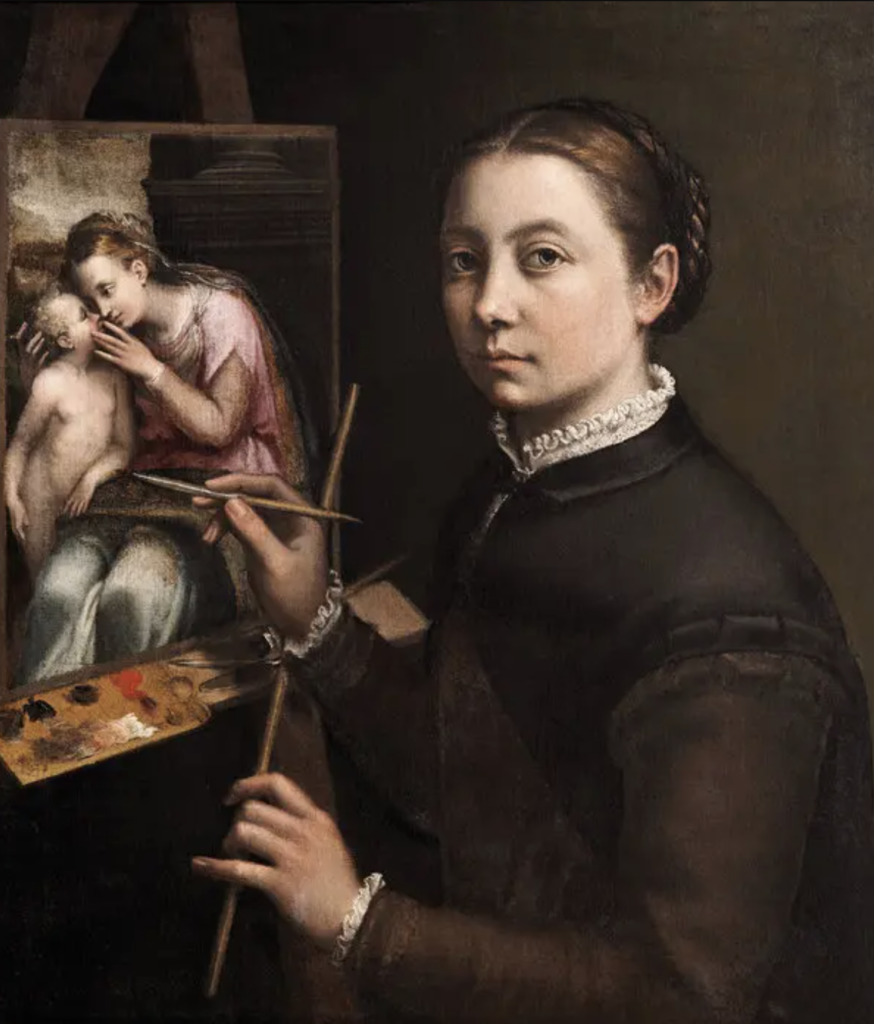
PILGRIM
In the impossibly ancient world of Dreamland, almost every rock, tree or natural formation has legends associated with it. Over time, the legends themselves attract travelers, and people come from afar to drink from the holy spring, or touch the rock which (people say) was stained with a Great One’s shadow. It is possible to spend your entire life going from place to place in search of holy power. This is the path of the Pilgrim.
Pilgrims are drawn from the common masses of Dreamlanders who believe wholeheartedly in the Great Ones, the great god Mana-Yood-Sushai, and all the countless local myths. The difference is that Pilgrims are more fanatical than most, and have the independent wealth, or the desperation, to do nothing but travel seeking religious enlightenment. Shrines and temples sprout up along pilgrimage routes, and Merchants set up shops to sell food and supplies, or (fake) religious artifacts and tourist trinkets saying “I Left My Heart in Dylath-Leen.” But a true Pilgrim is sincere and sometimes tragic. Many Pilgrims turned to the gods because everything else has failed them, praying to cure an incurable disease, for forgiveness for a sin, or for the soul of a dead relative or lover.
Some Pilgrims willingly volunteer to serve a Priest as part of their religious training. However, since Pilgrims have no real way to earn a living, except by begging or doing odd jobs for priests, none are born to this Role; all had another Role which they abandoned to go on pilgrimage. The associated skills, however, are long forgotten, leaving only the Mystery of their religious faith and the Exotic memories of their travels.
EQUIPMENT: Walking Stick • Simple Robes • Holy Symbol, Small Idol or Beads • Lamp or Candle • Vial of Holy Water or Oil • Sack of Holy Food (usually biscuits, bread or sesame) • Small Keepsakes (from places they have visited)
- Mysterious Doctrine: Mystery words give you x2 on Persuasion.
- Pray to the Gods: Exotic Words (????) give you x2 on any challenge where failure equals death.
- The cost of removing the Hungry, Thirsty and Exhausted Impairments are reduced by 2 for you.
- You automatically know the religious customs of any town or city merely by asking the DM.
- 1D6 Haggling
- 1D6 Begging
- 1D6 Wilderness
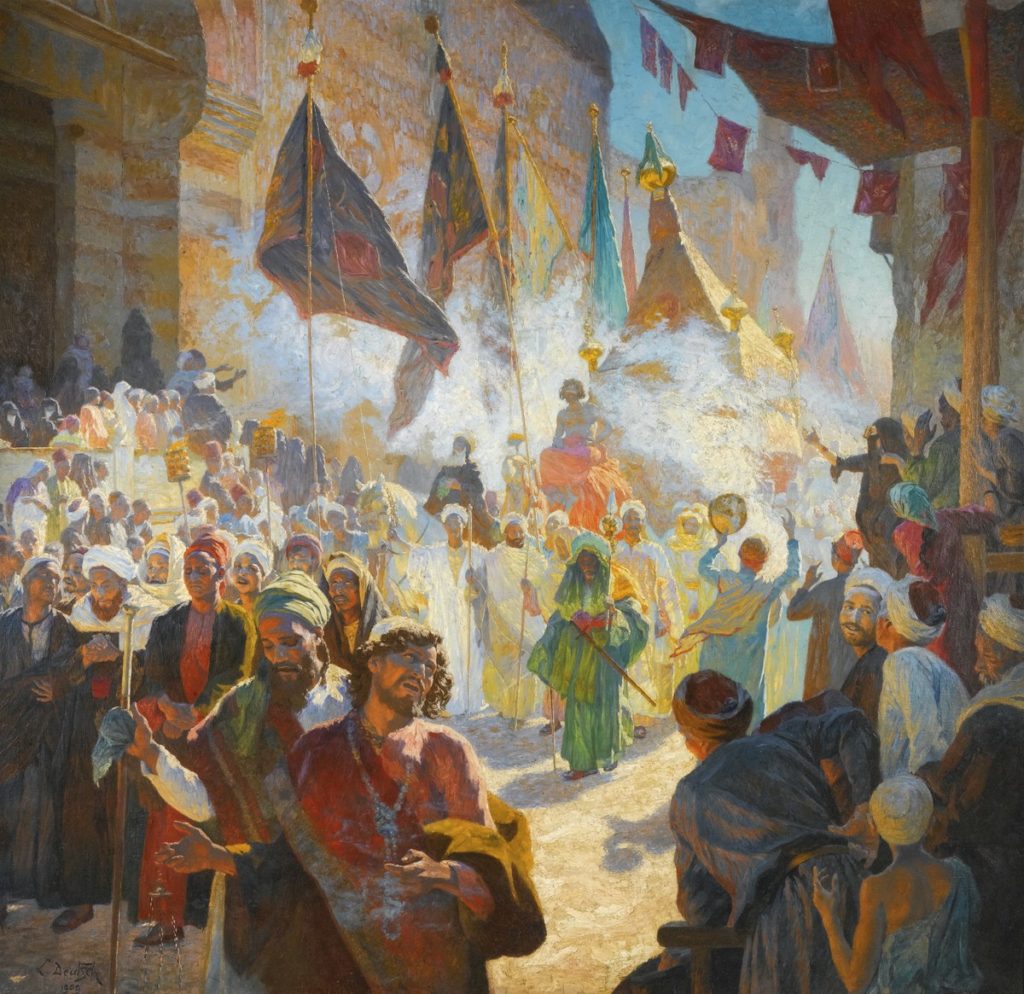
THIEF
In a world of extraordinary (and unequal) wealth, of giant jewels and gem-eyed idols owned by greedy Merchants and corrupt Priests, it is natural that people become Thieves. Perhaps even more would do it, did not so many stories of Thieves end with the Thieves dying horribly.
Thieves are found everywhere, though they are more numerous on the road and in large cities, where they can remain anonymous in the crowd. (Thieves exist in towns as well, but since everyone in a town knows who you are, small-town Thieves must live under a shadow of suspicion or worse, amused indulgence.) They often lurk in places where gullible outsiders pass through, such as taverns and markets, and they may pretend to be another Role, such as a Maid/Servant, a Porter or a Guide, to trick fools into placing their trust in them. Pickpocketing, burglary, horse or camel theft and even graverobbing are not beneath them. Fortunately, for most Thieves, violence is a last resort, but many an unfortunate Merchant has had a dagger put between their ribs by a callous highwayman on a lonely road.
While most Thieves are content to steal from their fellow humans, the most foolhardy go into the wilderness to seek out dragons’ hoards and fairy gold. Legends of magic items and flawless jewels can leave Thieves obsessed, unable to sleep at night till they go on one more quest. The Mystery calls to them, leading them into dungeons and ruins, to places of darkness and silence, a Thief’s natural home.
EQUIPMENT: Knife or Club * Soft Boots • Hooded Cloak • Gloves • Lamp or Candle • Belt with Hidden Pockets • Lockpicking Tools • Large Sack
- Mysterious Stealth: Mystery words give you x2 on Stealth
- Mysterious Escape: Mystery words give you x2 on Fleeing
- 1D6+2 Stealth
- 1D6 Legerdemain
- 1D6 Agility
- 1D6 Fleeing
- 1D6 Alertness
- Whenever a major new treasure (jewels, gold, etc.) is introduced to the game, you must pay 2 or you gain the Obsessed Impairment (goal: acquiring the treasure).
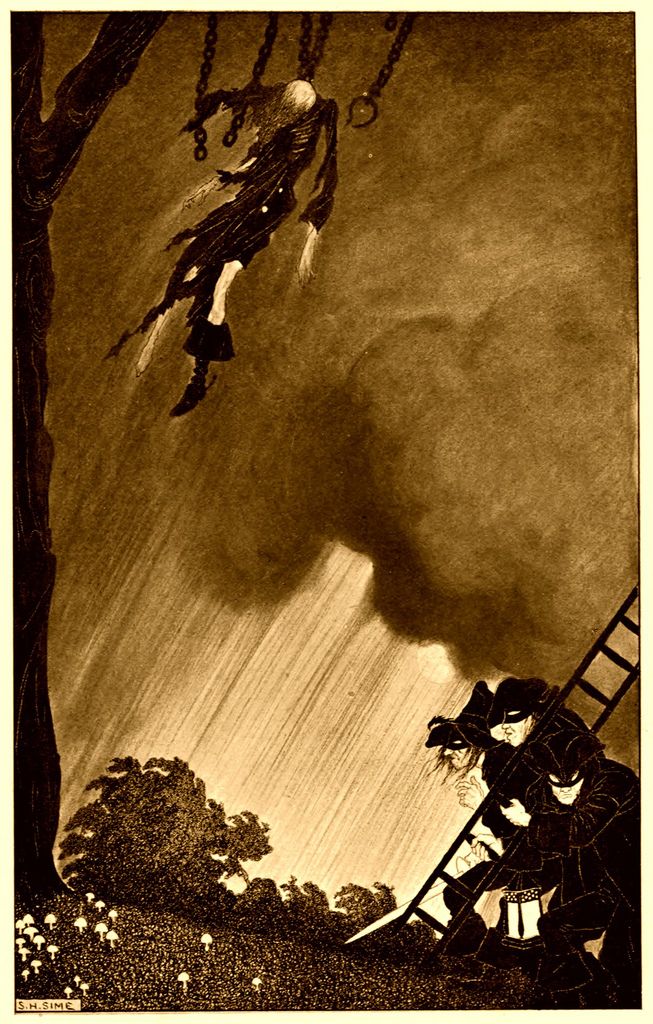
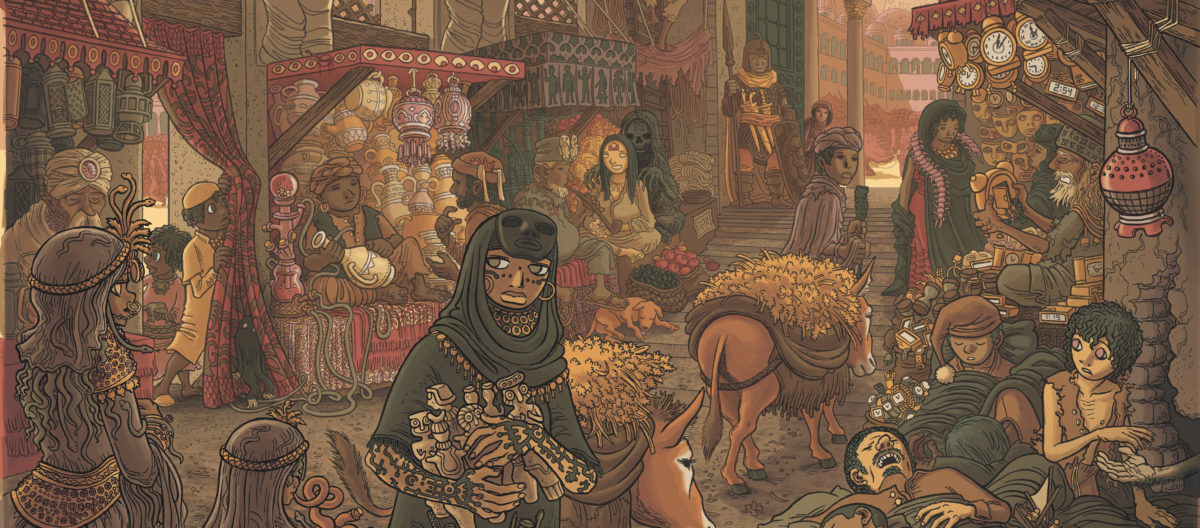
Amazing, love the roles listed here! Makes me curious about the others!
Your site visitors, especially me appreciate the time and effort you have spent to put this information together. Here is my website Article Star for something more enlightening posts about Diet and Weight Loss.